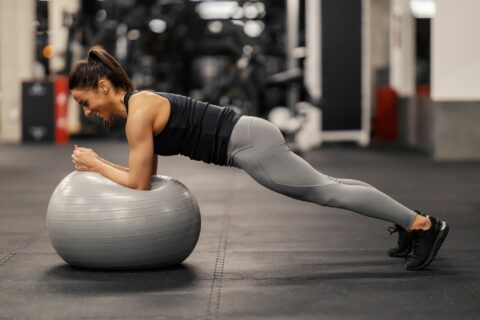
Movement Literacy for Cyclists
In this multi-part series, Dr. Stacey Brickson details several tools built on a hierarchy of mobility, flexibility, stability, and strength, designed to make you a healthier cyclist.
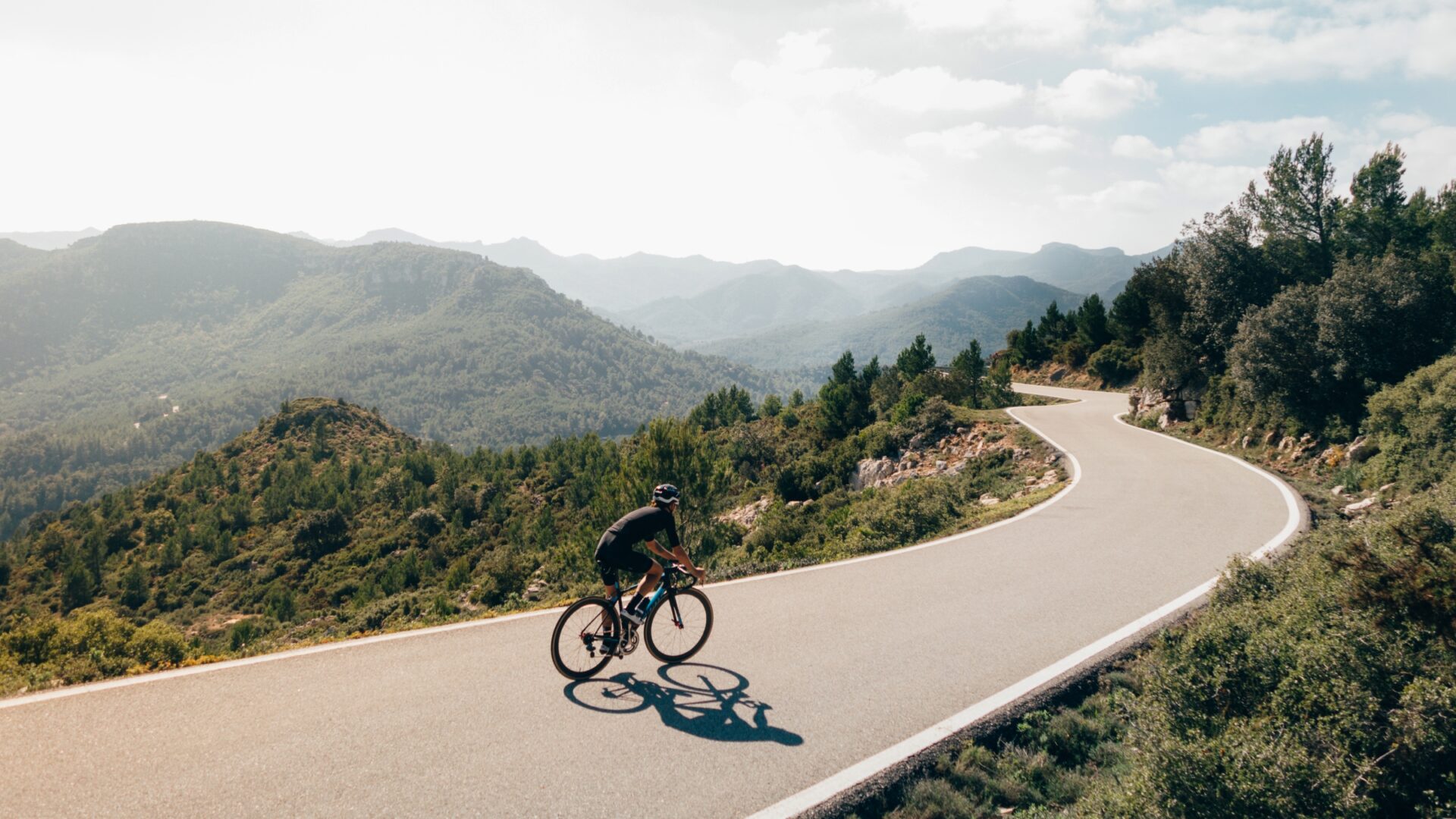

In this multi-part series, Dr. Stacey Brickson details several tools built on a hierarchy of mobility, flexibility, stability, and strength, designed to make you a healthier cyclist.
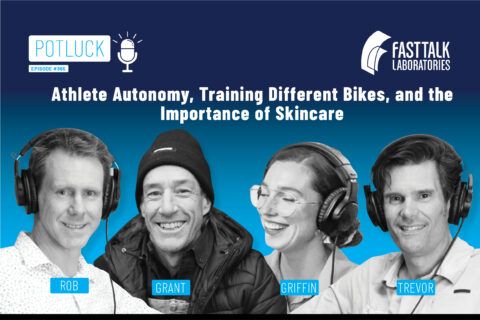
In this week’s potluck episode, we discuss the balance of athlete autonomy versus prescription, how to balance training with multiple types of bikes, and how to avoid being swayed by athlete-marketed skincare trends that may not be worth the hype.
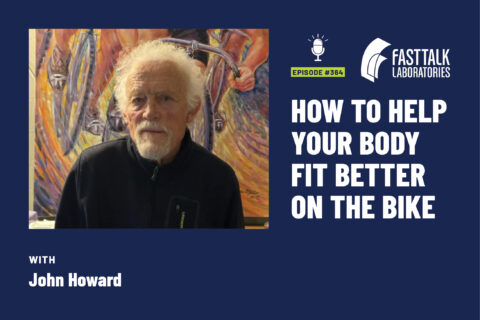
We talk a lot about fitting your bike to your body, but there’s a lot you can do to keep your body healthy and help it fit in a more powerful position on the bike.
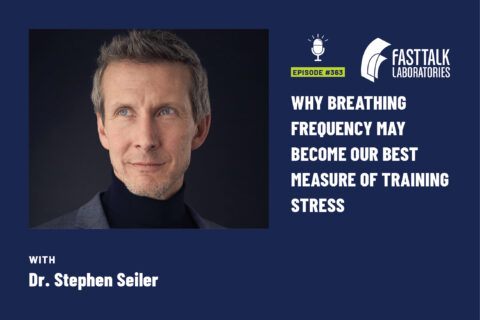
Dr. Stephen Seiler joins us to talk about his new project developing a breathing frequency measure and why it may match up better with perceived exertion than heart rate or power.
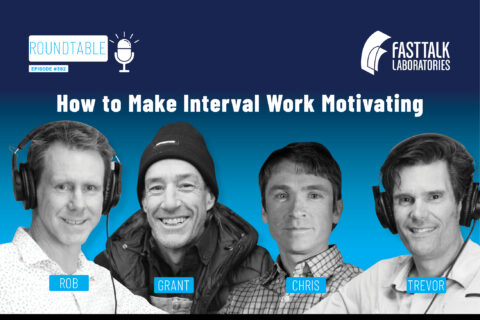
Our team of coaches got together and discussed why we do intervals, how to execute them, and most importantly, how to make them more fun.
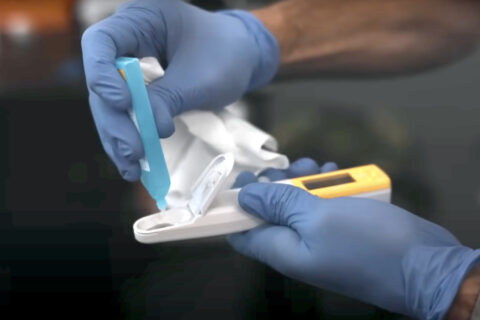
We detail the integral role that water and sodium play in our physiological processes, and how understanding sweat rate and composition can improve performance, recovery, and health.
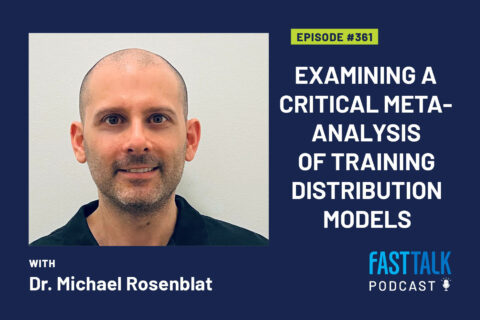
Dr. Michael Rosenblat joins us to discuss the largest meta-analysis comparing distribution models, which he co-authored with Dr. Stephen Seiler.
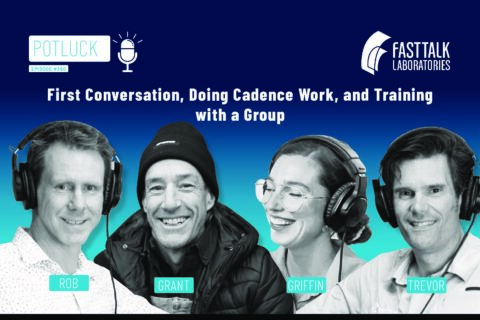
In this week’s potluck episode, we discuss what coaches should look for in their first conversation with an athlete, how to best do cadence work on the bike, and how to take advantage of group training while not losing sight of your plan.
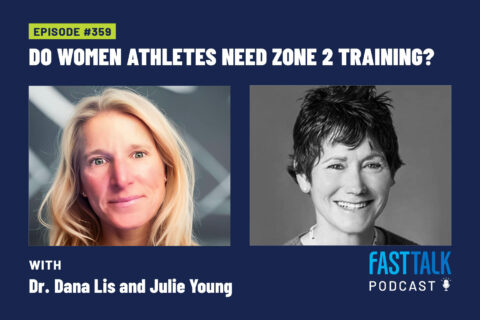
Recently, some prominent researchers have suggested that women need far less zone 2 training than previously thought. Physiologists Julie Young and Dr. Dana Lis join us to debate that question.
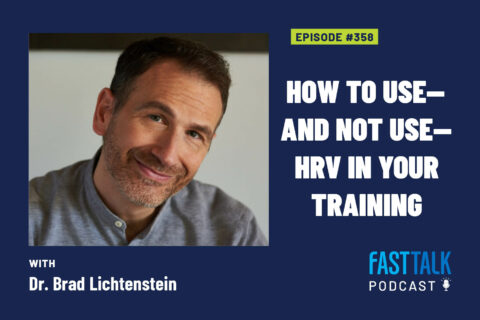
We talk with HRV expert, Dr. Brad Lichtenstein, about the value of HRV in training, what it does and doesn’t show, and what to be careful of when you use it.
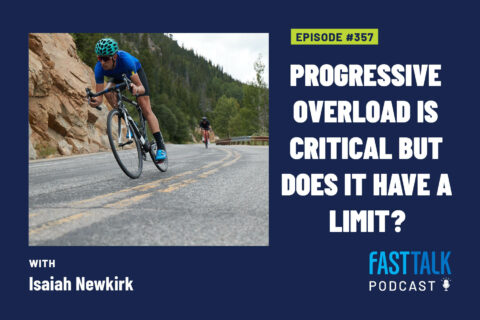
Coach Isaiah Newkirk joins us to talk about why progressive overload is so important to training, and how we can continue to get gains when we can’t add more volume or intensity.
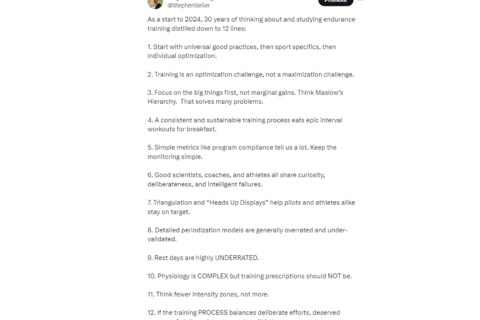
After 30 years of studying exercise endurance training, Dr. Seiler distills it all into 12 fundamental practices.
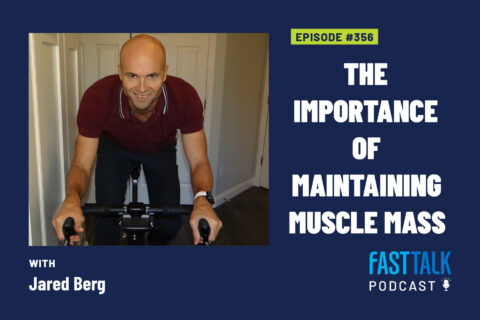
Fast Talk’s head physiologist details why it’s important to maintain muscle mass as an endurance athlete, and how to do it even when trying to lose weight.

We discuss how to find the right plan for you, using virtual training platforms in the base season, and the state of U.S. Cyclocross.
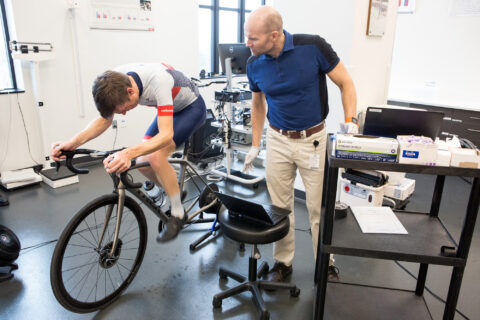
Physiological testing is a powerful tool to fine-tune your training and optimize performance.

In this summary episode we discuss how homeostasis is at the core of almost every function in our bodies, including how we train and stay healthy.
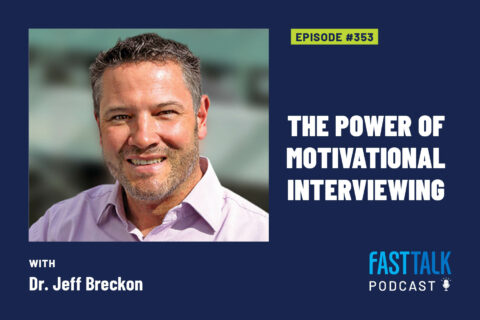
Dr. Jeff Breckon discusses motivational interviewing concepts and techniques to empower coaches to better effect change in their athletes.
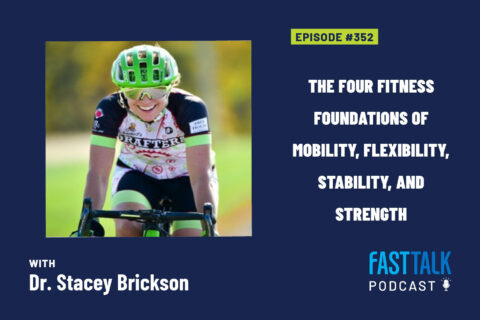
We talk with coach and physiologist Dr. Stacey Brickson about the importance of off-the-bike work, not just for performance but longevity and health.